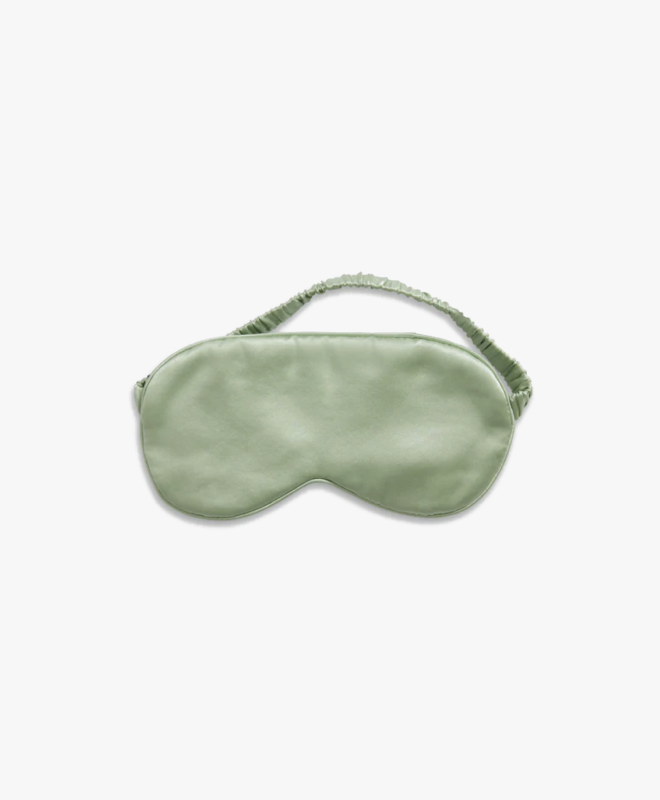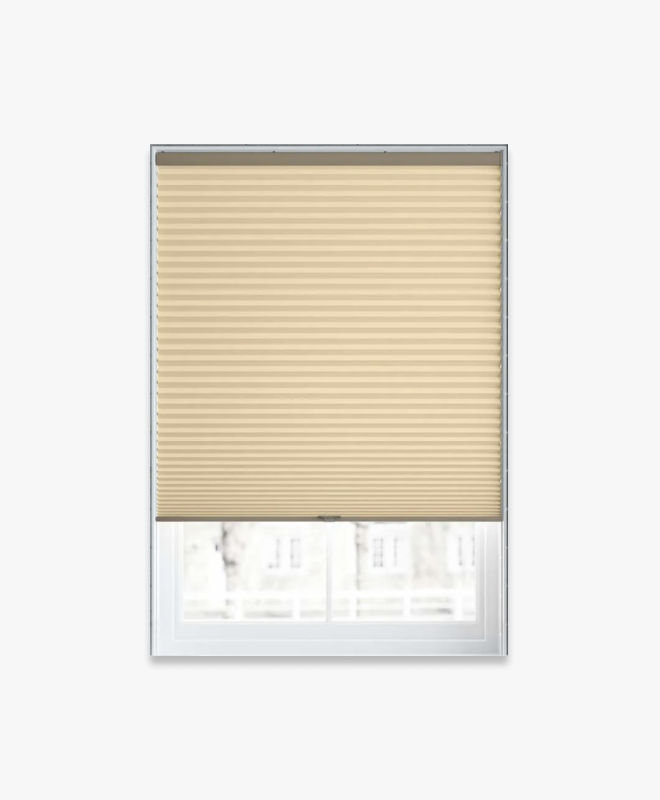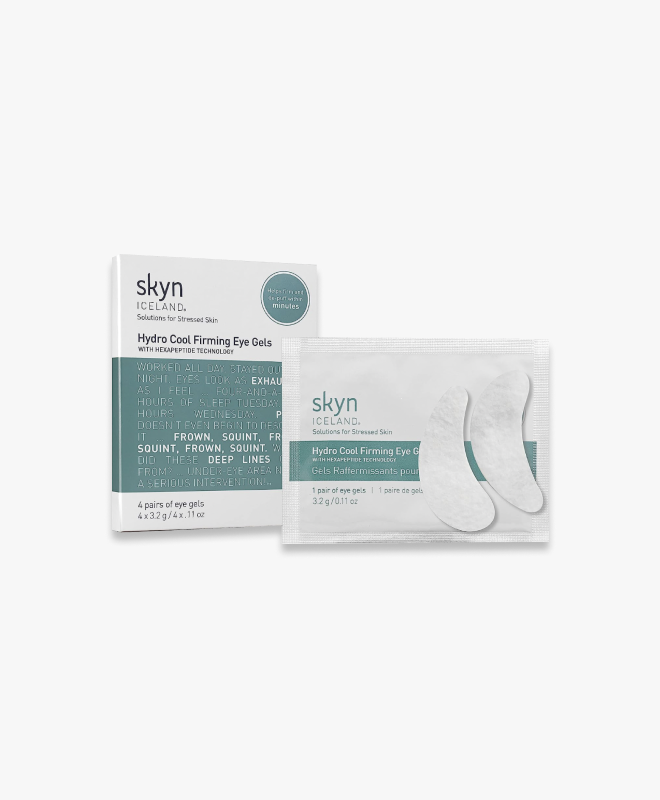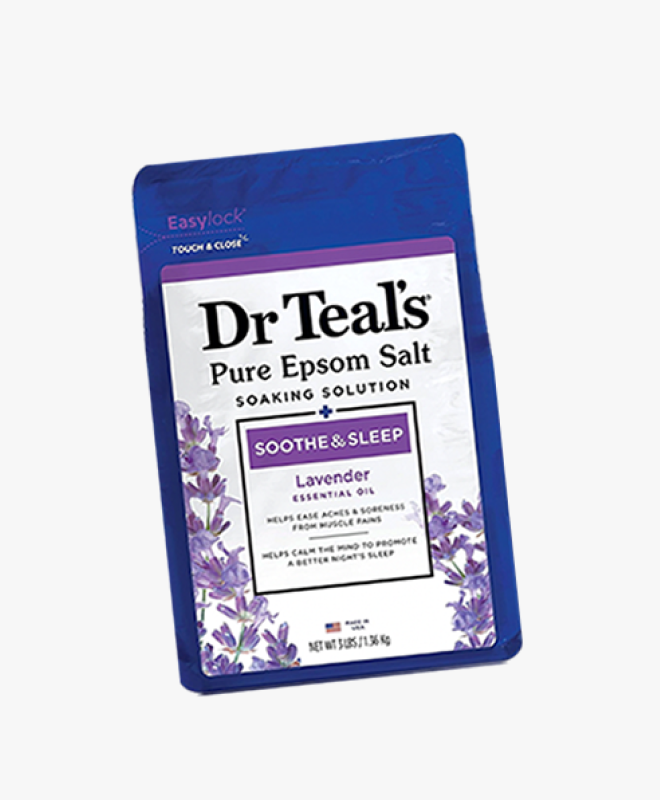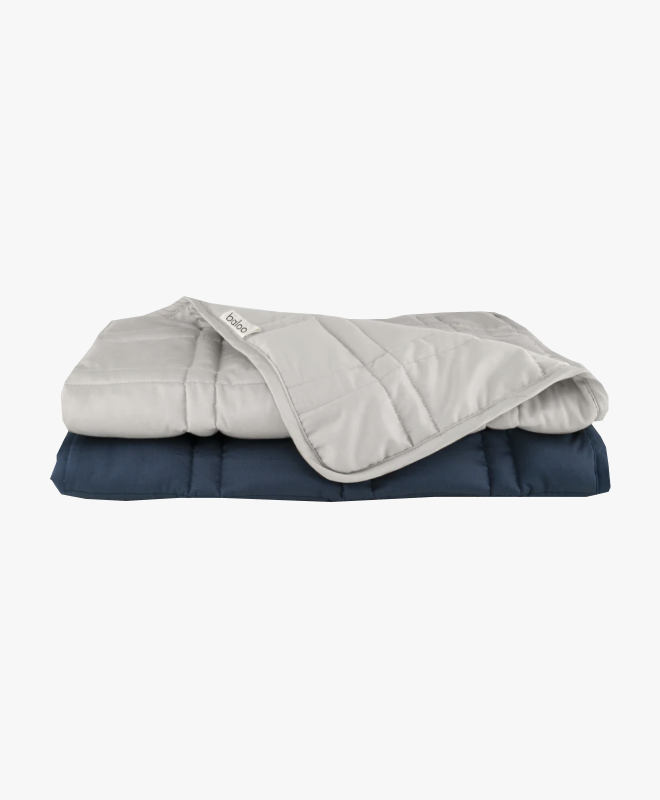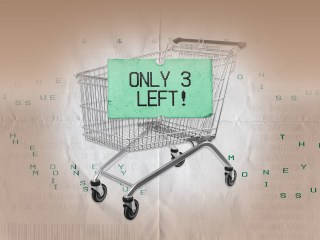I always found sleep masks to be uncomfortable before but when I came upon studies showing that even dim light pollution at night can be a detriment to our sleep, I knew I had to block out my neighbor’s bright lights. This beloved mask is worth the hype—it’s comfortable and no light leaks through it. I now bring it with me on any trips to ensure that I sleep well no matter where I am.
I Had Insomnia For 6 Months—Here’s What Finally Helped
Everything you need to sleep really, really well.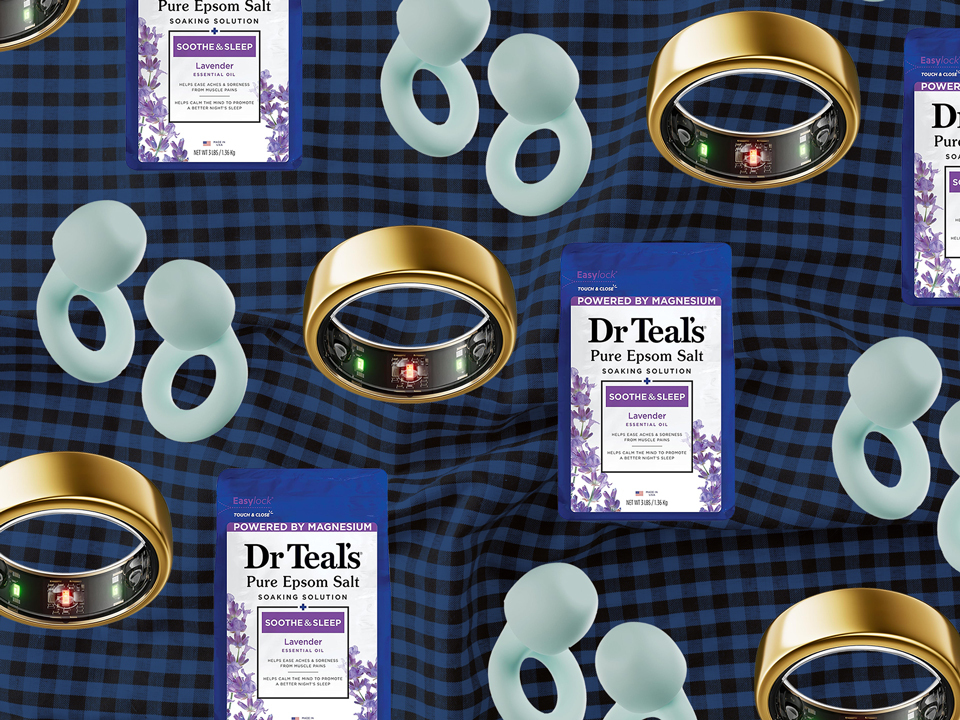
If I had to submit my definition of a waking nightmare, not sleeping for six months would be first on my list.
Last year, after a spine surgery gone wrong, my body just…forgot how to sleep. Night after night I found myself tossing and turning like it was a sport, as if someone had injected me with espresso right before my head hit the pillow. I could not get sleepy, and as it became clear that this was more than just a bad night’s (or week’s) sleep, my nighttime anxiety skyrocketed. I longed for the days when what kept me up at night was work stress or something embarrassing I said—now all I stressed about (and, frankly, thought about) was sleep: how scary it was that I wasn’t getting it, if I would ever get it again, and what I could do/try/buy to finally get it.
I’d never been a great sleeper but this was different: it was insomnia, a scary term that once felt foreign. A sleep disorder that can be short-term or chronic, insomnia can make it hard to fall asleep, stay asleep, or get good quality (read: not restless) sleep. Given that mine occurred every night and lasted for more than three months, I was squarely in chronic territory.
I started seeing a sleep neurologist and a therapist who focused on sleep disorders and tried every sleep medication available in this country. I became obsessed with “sleep hygiene,” setting up my bedroom for ideal sleep conditions (no light pollution with the temp set to 68 degrees or less) and winding down for two hours before bed every night with tea meant to induce sleep and a book instead of my phone.
The wildest part of this whole situation was that nothing worked, not even the strongest sleep meds I had always been told would do the trick, until my mindset shifted. I had become so convinced that my body was broken, that it no longer knew how to rest or stay calm, that it became a self-fulling prophecy—the less I believed it was possible to sleep, the harder it became.
A million sleep podcasts and a meditation course later, my perspective finally started to shift. I believed in my ability to sleep again and reassured myself that even if I didn’t I would be OK. Slowly but surely, my hour or less of sleep a night became five to six hours and, eventually, seven to eight. I started to feel like myself again after spiraling for six months straight (yes, sleeplessness will drive you a little mad).
I’m not a perfect sleeper—like I said, I never was—but I’ve learned a lot about sleeping well and what’s actually worth doing or buying to get you there. In a weird way, my insomnia phase shifted my relationship with sleep for the better—I don’t know how I functioned on so little sleep before this and slept in such a poor environment for sleep for so long.
If you’re struggling with insomnia, I highly recommend working with a sleep doctor or therapist to get you through the most acute phase. They can prescribe medication and teach you cognitive behavioral therapy techniques that can be vital to fighting insomnia, while also ensuring that other disorders like sleep apnea are not at play. But sleep is complex, and there are a lot of extra tools I found helpful in navigating this period, both for promoting sleep and for getting through the zombie days that come with not sleeping.
Below, I’ve outlined what’s really worth your time and investment if you’re trying to get more sleep.
-
-
If you’re really committed to setting your room up for sleep success, I highly recommend investing in blackout shades. During this period, I bought blackout shades custom-made for my giant bedroom window and never looked back. My bedroom is now a haven for sleep and it’s by far one of the best purchases I’ve ever made.
-
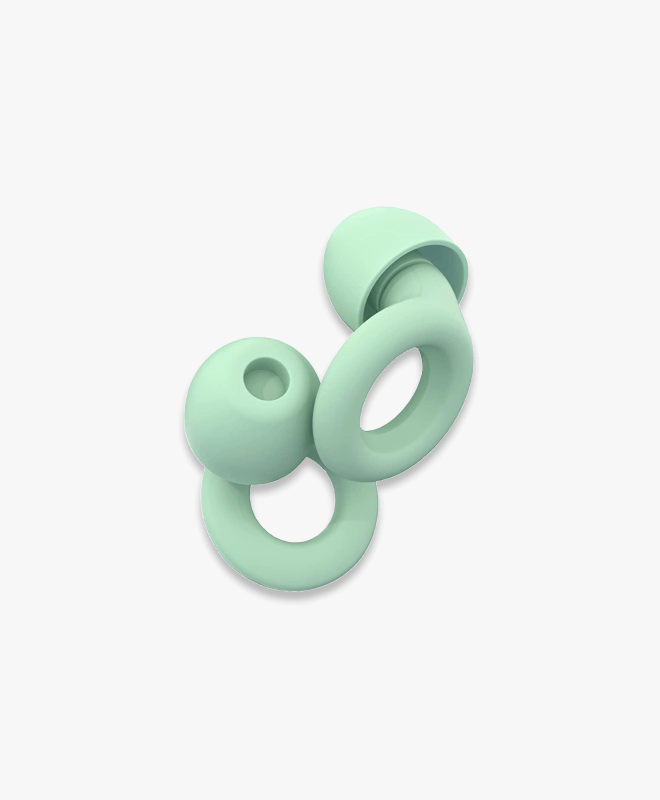 3.Amazon
3.AmazonLoops Earplugs
$27.95I’ve always had heightened noise sensitivity at night but when I was struggling with insomnia, it got really bad. Sounds that most people consider “white noise,” like my air conditioner humming or the whir of my building’s elevator going up and down, gave me legitimate panic attacks. Every sound seemed to be conspiring against me to ruin my sleep. The usual drugstore earplugs weren’t helping, so I bought a pair of Loops on the recommendation of a friend and, finally, I had true peace and quiet. Now I don’t sleep without them.
-
A fun side effect of insomnia is looking really, really tired 24/7. I became so sick of seeing the exhaustion on my face that I tried every under-eye mask under the sun and these were easily my favorite. Although nothing is going to wipe months of sleeplessness off your face in an instant, I loved the cooling effect of these and put them on whenever I was getting ready to go out to protect my deteriorating mental health from obsessing over my eye bags
-
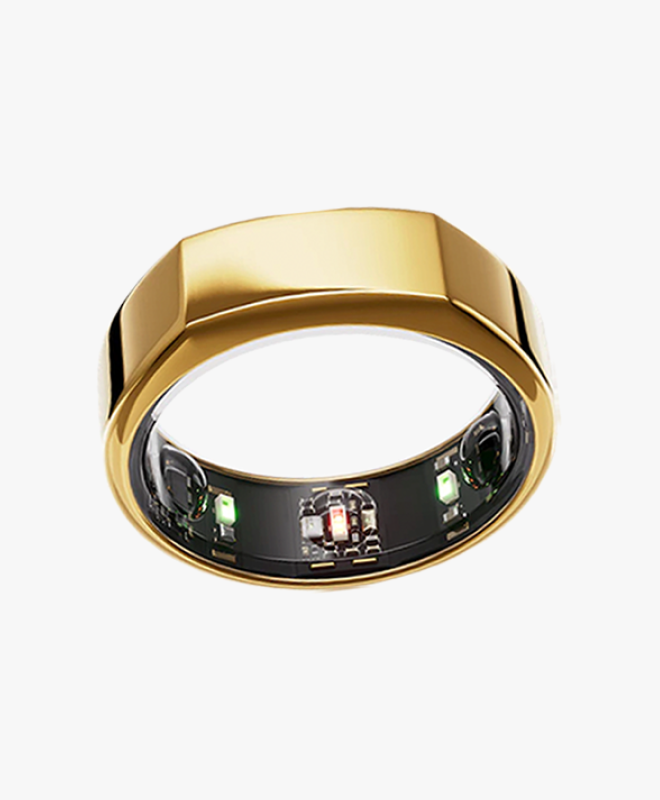 5.Oura
5.OuraA few months into my insomnia, I caved and splurged on the Oura ring after hearing it was the best sleep tracker on the market. It’s easily one of the best purchases I’ve ever made. I’ve learned SO much about sleep from it (like why deep sleep is so important and how to get more of it) and have found it to be especially helpful during the different stages of my menstrual cycle when our sleep needs change. It’s been so satisfying to see how much my sleep has evolved since the dark days of 2022.
-
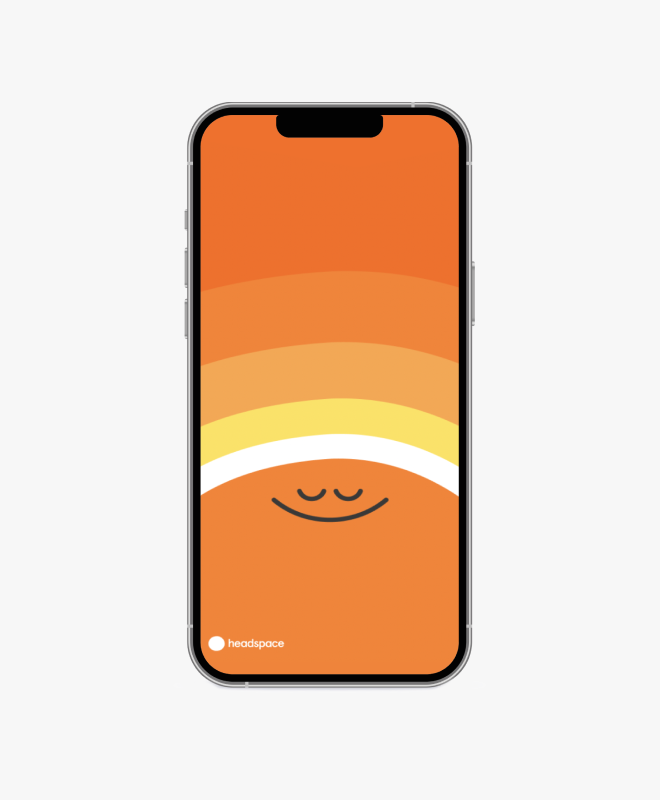 6.Headspace
6.HeadspaceIn an effort to stay calm despite my world feeling extra shaky, I dusted off my old Headspace account and started meditating again during this period. Their Sleep Health course, a series of 14 meditations to do over 14 days, was particularly helpful—the breathing techniques it taught me helped quiet my obsessive thoughts about whether or not I would sleep as I was lying in bed and I still return to them whenever I’m feeling anxious.
-
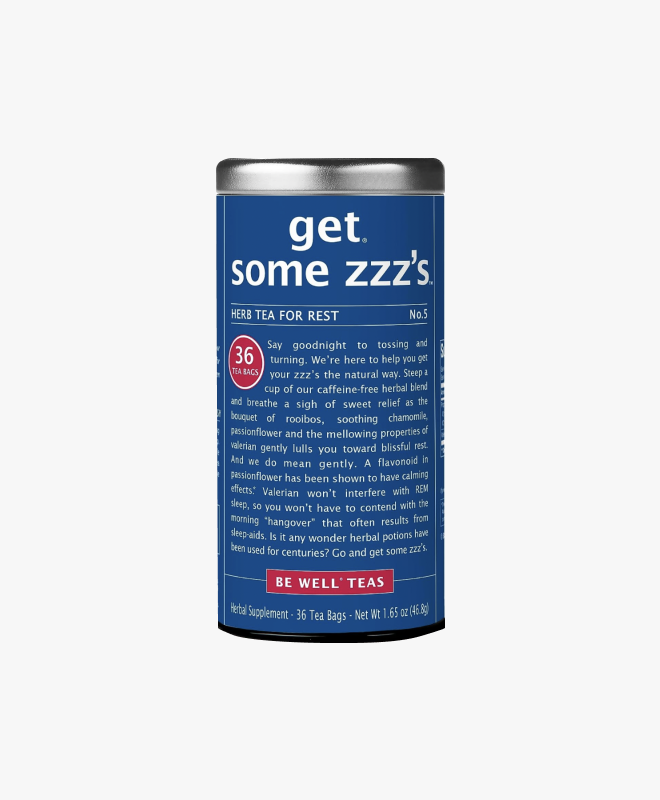 7.Amazon
7.AmazonYou’ve probably heard (hundreds of times) by now that staying glued to your devices right before bed does not lead to a great night’s sleep, but that’s especially true if you’re dealing with insomnia. When you’re not sleeping much, a true wind-down routine becomes really important, and, for me, that meant cozying up with some tea and a book on the couch. I’ve tried many “sleep teas” and, while they won’t magically knock you out, there is something really soothing about ending the day with them. I love the taste of this one.
-
Another part of my “sleep hygiene” routine was decreasing my body temperature before bed, as recommended by my doctors. As your body cools down at night, they told me, it releases melatonin to help you sleep. One of the best ways to do this is by taking a hot shower or bath before bed which somewhat counterintuitively causes your body temperature to drop once you get out. I particularly loved taking fancy baths—which I normally feel I have no time for—with this relaxing bath soak.
-
One night, after hours spent staring at the ceiling trying to will myself to sleep, I finally gave this weighted blanket my mom sent me a try. I was surprised to find that after a few minutes of resting it over my chest, my rapid heart rate seemed to decrease and within 20 minutes I was finally settled enough to drift off to sleep. I love that this one is compact and doesn’t cover my whole body, allowing me to stay cool while I sleep.
Wondermind does not provide medical advice, diagnosis, or treatment. Any information published on this website or by this brand is not intended as a replacement for medical advice. Always consult a qualified health or mental health professional with any questions or concerns about your mental health.
